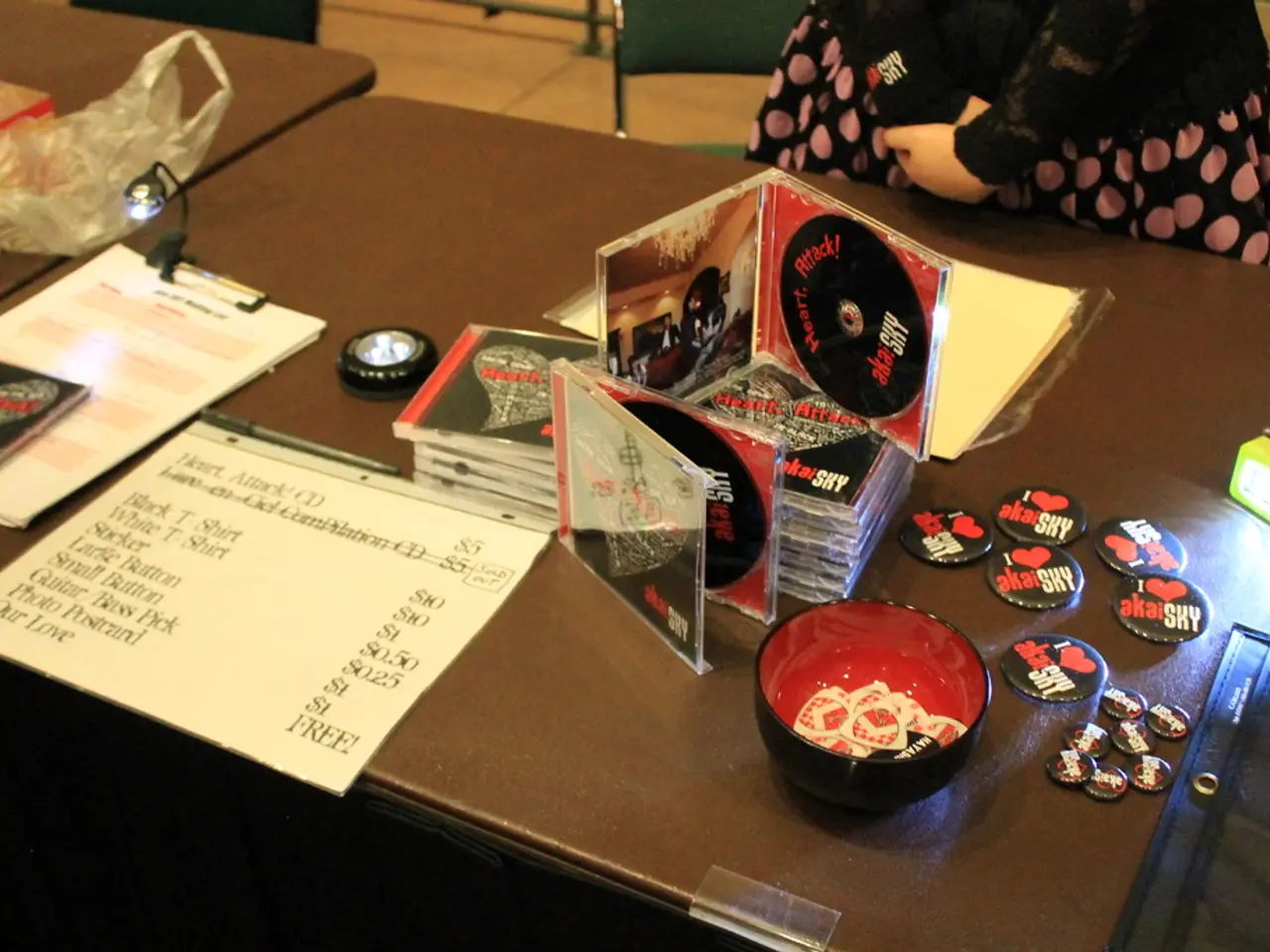Sales breakdown for BYD in July: Qin sold 53,907 units, Song sold 52,648 units
BYD's July New Energy Vehicle Sales Show Mixed Results
Chinese automaker BYD (HKG: 1211, OTCMKTS: BYDDY) has released its July new energy vehicle (NEV) sales figures, revealing a mixed performance compared to the previous year.
The company's total NEV sales for July 2025 stood at 313,295 units, marking a 3.81 percent year-on-year decline and a 6.83 percent month-on-month decrease. This drop is primarily attributed to a significant slowdown in plug-in hybrid electric vehicle (PHEV) sales and intensifying price competition in the Chinese EV market.
Passenger PHEV sales fell by 22.61 percent year-over-year in July, with a decline of 4.45 percent from June. This four-month streak of declining PHEV sales was a key driver in the overall sales flattening. Total vehicle deliveries dropped 10.01 percent from June to July, despite a small annual increase of 0.56 percent, showing a loss of momentum in the market.
However, battery electric vehicles (BEVs) showed strong annual growth in July, with a 36.84 percent year-on-year increase. Yet, BEV sales experienced their first month-over-month decline since February, indicating that growing BEV sales have not fully offset the falling PHEV demand.
Among BYD's model range, the Qin family became the best-selling lineup in July, with 53,907 units sold. The Song family, which includes the Ocean series models Song Plus EV and Song Plus DM-i, as well as the Dynasty series models Song L EV, Song L DM-i, and Song Pro DM-i, sold 59,026 units, making it the second-highest selling BYD model.
The Dynasty series sold 133,783 units in July, down 22.64 percent year-on-year and 4.09 percent month-on-month, while the Ocean series Song models sold 25,596 units, down 30.72 percent year-on-year and 18.21 percent month-on-month.
The BYD Seal, with 46,850 units sold, ranked as the third-best-selling BYD model in July. The BYD Tang sold 12,002 units, down 0.45 percent year-on-year and 33.48 percent month-on-month.
BYD's ultra-luxury sub-brand Yangwang sold 339 vehicles in July, down 22.78 percent year-on-year, but up 65.37 percent from June. BYD's premium Denza brand saw a year-on-year increase of 10.01 percent, but a month-on-month decrease of 27.93 percent.
The Sealion family, which includes the Sealion 07 EV, sold 31,827 units in July, up 354.22 percent year-on-year, but down 8.43 percent from June. The BYD Han sold 12,255 units in July, down 32.12 percent year-on-year and 35.26 percent from June.
BYD's personalized sub-brand Fang Cheng Bao sold 14,180 vehicles in July, up 669.82 percent year-on-year, but down 24.99 percent from June. The BYD Seagull sold 44,989 units in July, up 24.09 percent year-on-year, but down 12.29 percent from June. The BYD Dolphin sold 19,865 units in July, up 60.21 percent year-on-year, but down 13.34 percent from June.
Lastly, the BYD Chaser 05 sold 10,303 units in July, down 59.69 percent year-on-year and down 12.94 percent month-on-month.
In conclusion, the drop in BYD's July NEV sales was driven predominantly by a sharp decline in PHEV sales amid increased EV market price competition, a softening in passenger NEV demand, and initial signs of slowing growth in BEV sales gains. This reflects a market transition with consumer preference possibly shifting more toward BEVs over PHEVs, intensified competition, and temporary market instability.
- The decline in BYD's July new energy vehicle (NEV) sales was primarily due to a significant drop in plug-in hybrid electric vehicle (PHEV) sales, presumably due to increased price competition in the Chinese EV market.
- Despite the overall drop in sales, battery electric vehicles (BEVs) showed strong annual growth in July, indicating a possible shift in consumer preference towards BEVs over PHEVs.
- In the financial aspect, the mixed performance in sales might impact the industry's overall growth, potentially affecting technology advancements in the EV sector.




